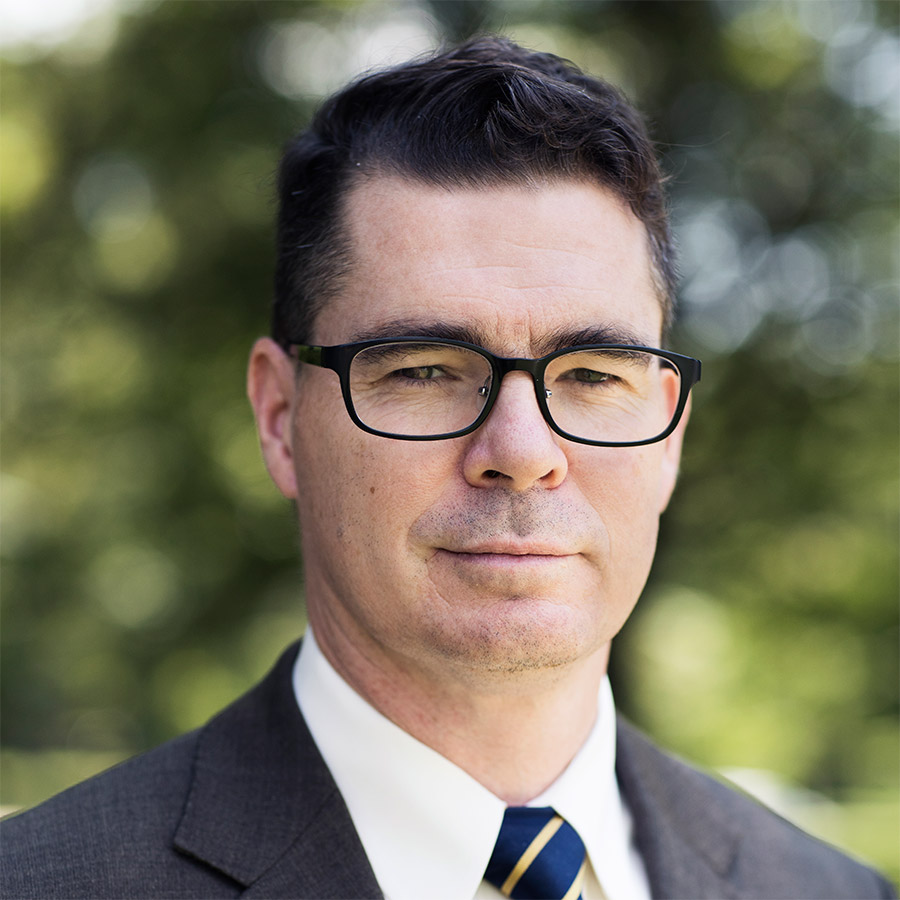In his second inaugural address, Donald Trump called on President William McKinley as a source of inspiration for his second term. Why McKinley? The 25th president of the United States was elected in 1896 and again in 1900 but was cut down by an assassin’s bullet in September 1901. Believing that McKinley is one of the more underrated of his predecessors, Trump said, “President McKinley made our country very rich through tariffs and through talent.” Trump has restored McKinley’s name to the highest mountain in North America, which was changed by President Obama to Denali in 2015.
It might seem strange for a president to chart his path forward using a figure from the past as his inspiration, but other presidents have done so. Reagan was an admirer of Calvin Coolidge; Clinton’s hero was John F. Kennedy; George W. Bush was inspired by his father, George H. W. Bush; and Biden wanted his presidency to bring forth radical change like that seen during the LBJ and the FDR administrations.
Some commentators have found McKinley an unlikely historical benchmark to serve as Trump’s inspiration. For one thing, McKinley is not exactly well-known to a lot of Americans today. He was the last of those 19th century, post-Civil War presidents who don’t do much to fire the imagination. He also preceded the great Theodore Roosevelt, who stands at the dawn of the 20th century like a colossus. After Trump cited McKinley in his inaugural, no doubt people all over America turned to Google to find out who McKinley was.
More disturbing is how others consider McKinley as a classic bad guy in American history. Hysterical takes on McKinley as an imperialist aren’t hard to find. And Trump’s admiration for McKinley, after all, is rooted in his protectionist trade policy. Over at The Nation, Chris Lehmann’s assessment is contained in a piece titled “Donald Trump is Building a Bridge to 1896,” a riff off of Bill Clinton’s 1996 Democratic nomination acceptance speech in which he proclaimed he was building a bridge to the 21st century.
Click Here to Read More (Originally Published at World Magazine)
John is a professor of church history and philosophy and chairman of the Church History Department at The Southern Baptist Theological Seminary.

